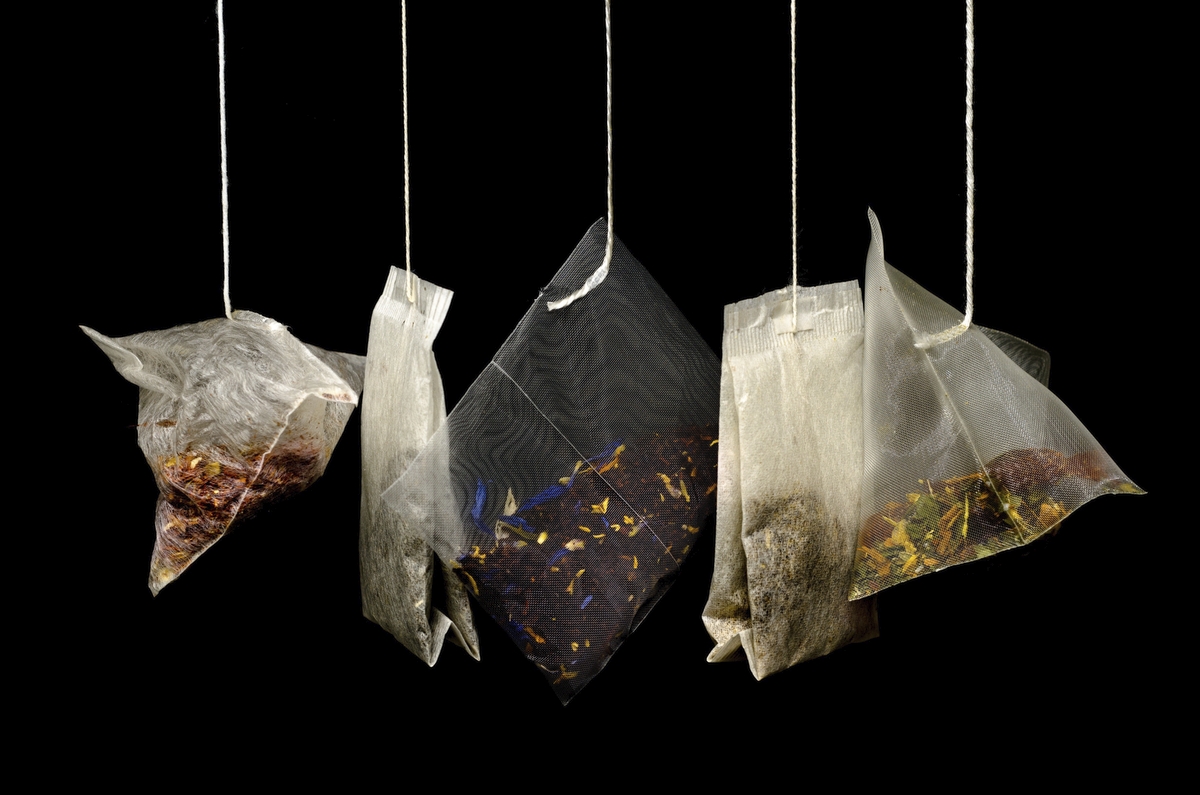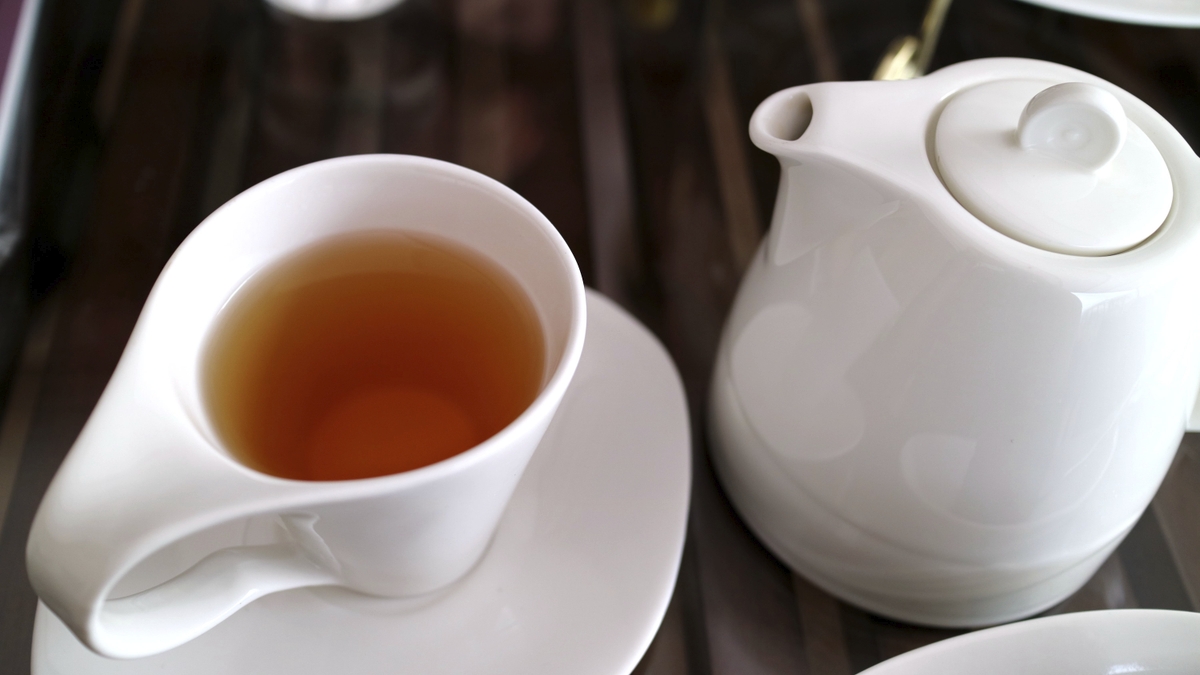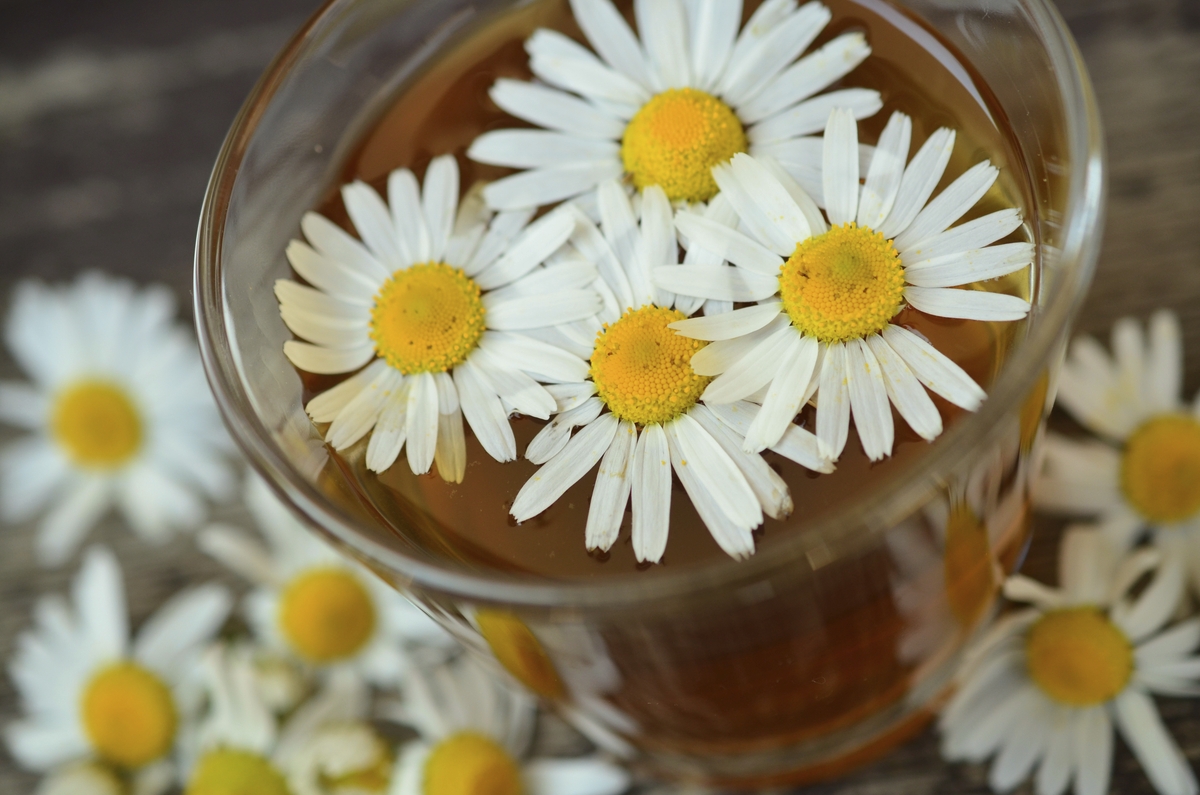Tea is the most popular drink in the world after water. It is more commonly consumed than other drinks like coffee, beer, or sodas. Countless studies show that drinking tea has a positive impact on your health.
There are two main varieties of the tea plant: Camellia sinensis and Camellia sinensis assamica. These two varieties make up the most commonly consumed tea blends worldwide, including black tea, green tea, white tea, and oolong tea. The harvesting or processing of these two main plant varieties results in different kinds of teas we drink. All of them contain unique antioxidants called flavonoids.
Here’s an overview of the best antioxidant teas:
But First, What Are Antioxidants?
Antioxidants are substances that prevent cell damage caused by free radicals, which are unstable molecules that the body produces in response to environmental and other forms of stress. Antioxidants help neutralize free radicals and prevent oxidative damage to the cells.
Antioxidants can come from either natural or artificial sources (in the form of a supplement). Certain plant-based foods are considered rich in antioxidants. Flavonoids, flavones, catechins, polyphenols, and phytoestrogens are different antioxidants and phytonutrients found in plant-based foods. Several vitamins, such as vitamins A, C, and E, are effective antioxidants that simultaneously serve other important functions.
Types of Tea

There are different types of tea made from the Camellia sinensis plant that is often termed the “true teas.” They include:
- Green tea
- Black tea
- White tea
- Oolong tea
Different processing methods lead to different oxidation levels and thus different types of tea. Let’s take a look at each of these teas:
Green Tea
Green tea is produced from unoxidized leaves and is one of the least processed types of tea. It is rich in epigallocatechin gallate (EGCG), a compound that has been widely studied for its antioxidant effects. Green tea is also made from fresh tea leaves rather than powders and concentrates, which help maximize its flavor and quality. It contains a relatively small amount of caffeine (about 29 mg in an 8-ounce cup) and is naturally low in calories.
Green tea has several health benefits. For example, it can help with weight management, skin inflammation, and type 2 diabetes. Research has also linked drinking green tea to better cardiovascular health. The health benefits of green tea have been linked to its polyphenols content. As antioxidants, these substances protect against the effects of free radicals, which cause aging-related cell damage.
Black Tea

Black tea is a non-sweetened, low-calorie drink. It has a stronger taste and contains more caffeine than other teas but less caffeine than coffee. Research has found that black tea may help improve bone density, reduce the risk of rheumatoid arthritis, and protect against Parkinson's disease.
The antioxidant effect of black tea is due to its polyphenol content, which protects plants from ultraviolet rays and disease-causing pathogens. The effect of polyphenols helps protect the body against changes that lead to disease, reduces the risk of chronic disease, and improves your overall health. Black tea is often consumed to improve mental alertness and learning, memory, and information processing abilities.
White Tea
White tea is one of the mildest tea varieties because it is minimally processed. White tea gets its name because the buds sport tiny white hairs when harvested. White tea is generally thought to contain less caffeine than green or black tea. The taste of white tea is delicate and subtle, so it is best drunk naturally without additives like milk or sugar. White tea also contains many antioxidants, such as polyphenols, flavonoids, and tannins.
Since white tea is minimally processed, it contains more antioxidants than many other types of tea. With its antioxidant properties, White tea may reduce the risk of premature aging and reduce some people's visible signs of aging. According to a study published in Cancer Prevention Research, white tea extract accelerated cell death in certain lung cancer cells, suggesting that white tea may have anti-cancer properties.
Oolong Tea

Oolong tea accounts for just 2% of tea consumption worldwide. Although less popular, oolong tea still comes with a variety of benefits. Oolong tea and green tea are similar in their caffeine content. The leaves get darker when left to ferment. Greener oolong teas have a rich and earthy flavor, while darker varieties are more roasted.
As a semi-oxidized tea, oolong tea contains various antioxidants, of which many are found in green and black tea. Oolong tea may be beneficial for improving mental alertness. It is also drunk frequently to reduce the risk of obesity, heart disease, and other medical conditions, but there is no strong scientific evidence supporting the benefits of drinking oolong tea for addressing these conditions. Drinking moderate amounts of oolong tea is considered safe for most healthy adults (about 3-4 cups per day).
Other types of tea
Aside from the teas derived from the Camellia sinensis plant, other kinds of tea derived from other plants contain antioxidants. In short, this includes other kinds of herbal teas. Herbal teas have lower antioxidants than green, white, black, and oolong teas. Herbal tea varieties include but are not limited to Rooibos (red tea) and Chamomile Tea.
Rooibos (Red Tea)
Research has shown that the antioxidant effects of rooibos are similar to that of green tea. Rooibos tea contains no caffeine and is often recommended for its antioxidants. According to some researchers, this herb may boost the immune system and prevent cancer. Investigations are also ongoing to determine whether it can benefit the heart or fight diabetes.
Chamomile Tea

Chamomile contains antioxidants that may help promote sleepiness, and drinking Chamomile tea is proven to improve the overall quality of sleep. Chamomile tea contains the antioxidant apigenin, which may help reduce inflammation and lower the risk of several types of cancer. Chamomile is an excellent source of antioxidant flavonoids that may play a role in improving heart health.
Conclusion
Green Tea, White Tea, Black Tea, and Oolong Tea are the best antioxidant teas. These teas contain antioxidants in varying quantities due to the difference in the harvesting and processing of these teas. Some herbal teas, such as Rooibos (red tea) and Chamomile Tea, are also filled with antioxidants.














